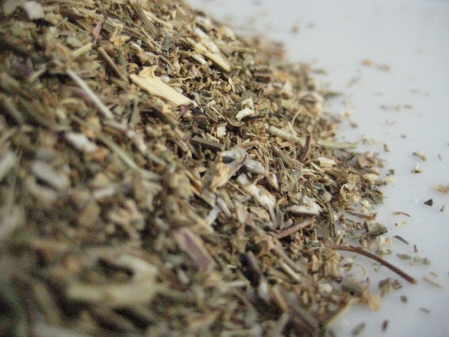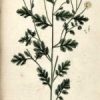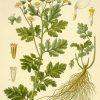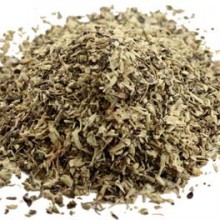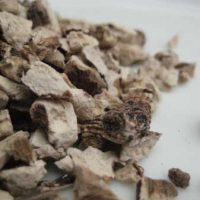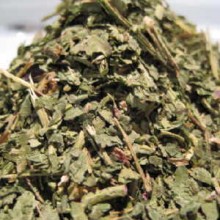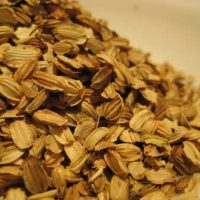Feverfew (Tanacetum parthenium) sometimes called Bachelor’s Buttons or Featherfew is a traditional medicinal herb which is found in many old gardens, and is also occasionally grown for ornament. The plant grows into a small bush up to around 18 inches high, with citrus-scented leaves and is covered by flowers reminiscent of daisies. It spreads rapidly and is quite invasive. They will cover a wide area after a few years. It is also commonly seen in the literature by its synonyms, Chrysanthemum parthenium (L.) Bernh. and Pyrethrum parthenium (L.)
Feverfew is found around the world and in the U.S. particularly in western states such as California.
Traditional Uses & Constituents of Feverfew:-
Feverfew has been used for reducing fever and for treating headaches, arthritis and digestive problems. Modern work has supported the use of feverfew as a treatment for migraine headaches. By inhibiting the release of serotonin and prostaglandins, both of which are believed to aid the onset of migraines, Feverfew limits the inflammation of blood vessels in the head. This stops the blood vessel spasm many believe contribute to headaches.
The active ingredients in the plant include parthenolide and tanetin, both of which offer relief from migraine. Capsules or tablets of feverfew generally contain at least 205 mcg, parthenolide; however, it might take four to six weeks before they become effective, and feverfew is not a remedy for acute migraine attacks.
Cautions:-
Long-term use of the herb followed by abrupt discontinuation may induce a withdrawal syndrome featuring rebound headaches. It can also cause muscle and joint pains. The herb can cause allergic reactions, including contact dermatitis and gastrointestinal episodes such as nausea, vomiting, abdominal pain, and flatulence. When the herb is chewed or taken orally it can cause mouth ulcers and swelling and numbness of the delicate tissues of the mouth.
The herb should not be taken by pregnant women. It may interact with blood thinning agents and, therefore, increase the risk of bleeding. It may also interact with a variety of medications metabolized by the liver.

